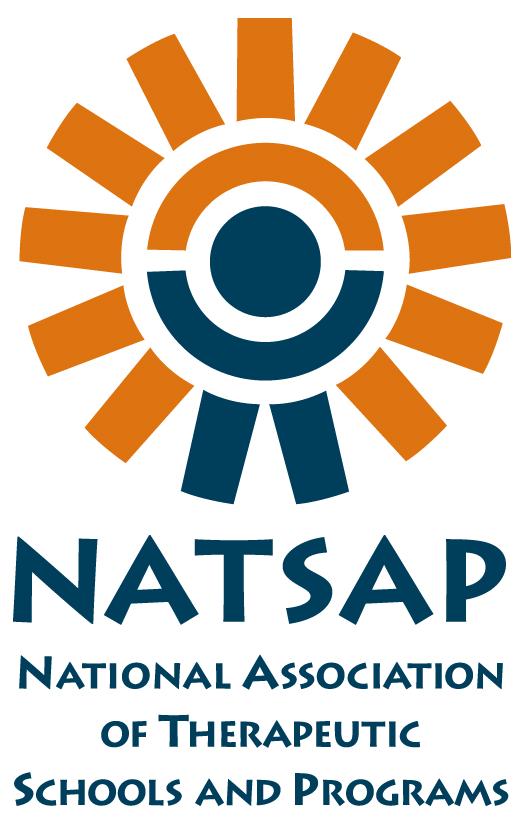Often the first thing that comes to mind when we hear PTSD or Post Traumatic Stress Disorder is war and military personnel.
What is PTSD? Post Traumatic Stress Disorder (PTSD) is a severe Anxiety Disorder that can develop after exposure to any event that results in psychological trauma.
So how can teenagers have PTSD? Yes, most definitely. Post Traumatic Stress Disorder is common in childhood and adolescence and can be caused by any life threatening event or an event that threatens physical harm.
Examples of life threatening events:
- Sexual abuse or violence (does not require threat of harm)
- Physical abuse
- Death of a loved one
- Natural or man-made disasters, such as fires, hurricanes, or floods
- Violent crimes such as kidnapping or school shootings
- Vehicle accidents such as automobile and plane crashes
- Witnessing community violence
- Witnessing domestic violence
In order to diagnose PTSD the following must be present:
- presence of re-experiencing – reliving the event in thought
- avoidance and numbing – staying away from anything that reminds them of the event
- arousal symptoms – excessive emotions; sleep problems; physical symptoms such as increased blood pressure and heart rate
Teens with PTSD will exhibit the above symptoms. In addition, teens are more likely to engage in traumatic reenactment, in which they incorporate aspects of the trauma into their daily lives. Teens are more likely than younger children or adults to exhibit impulsive and aggressive behaviors.
Has your teen been diagnosed with PTSD? Treatment is needed.
Cognitive Behavior Therapy (CBT) is successful in treating PTSD in teenagers according to a majority of studies. CBT teaches anxiety management techniques such as relaxation and assertiveness training, and correction of inaccurate or distorted trauma related thoughts.
CBT is often accompanied by psycho-education and parental involvement. Psycho-education is education about PTSD symptoms and their effects. It is as important for parents and caregivers to understand the effects of PTSD as it is for children.
Research shows that the better parents cope with the trauma, and the more they support their children, the better their children will function. Therefore, it is important for parents to seek treatment for themselves in order to develop the necessary coping skills that will help their children.
The key is teaching teenagers how to cope with violence and traumatic events.
Triumph Youth Services offers CBT, psycho-educational training and family therapy for teen and their families dealing with PTSD.
Call today and see how they can help you.
Reference
http://www.samhsa.gov/trauma/ http://www.ptsd.va.gov/professional/pages/ptsd_in_children_and_adolescents_overview_for_professionals.asp
http://www.foh.dhhs.gov/NYCU/afteremergency.pdf








